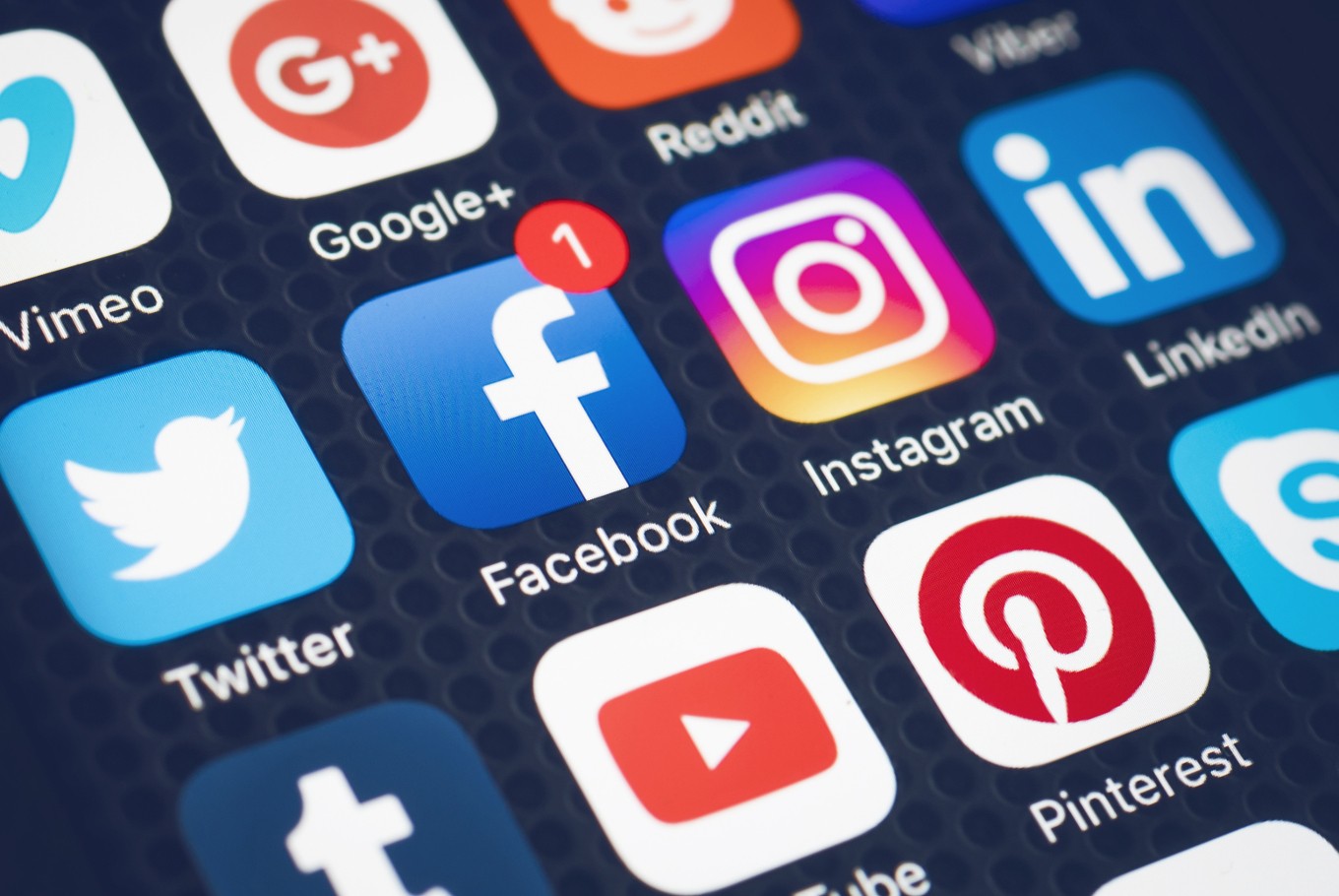How we talk, sell, and brand our enterprise has forever been modified with the emergence of social media. The vintage regulations are outdated, and now’s the time to include the new media and take complete benefit of the brand-new verbal exchange age. In an increasingly more aggressive marketplace, stores need to stand out from the gang and boost their profile online and offline. Retailers have a first-rate possibility to hook up with modern clients and discover new customers at a low value without technical/programming talents.

Over the past few months, I have fully immersed myself in Social Media, predominantly Facebook, Twitter, and blogging. The effects have pleasantly amazed me! I knew there was a sturdy online community, but being a part of these conversations and building relationships have enriched my business and me. I have received many queries and questions from stores and notion this article became an extraordinary opportunity to, as a minimum, introduce the idea, demystify the media, and encourage modern entrepreneurial stores to get started (or are seeking to assist beginning!). I even have protected principles and practical applications to help you begin creating your Social Media strategy. “Social media are media designed to be disseminated through social interplay, made the usage of pretty handy and scalable publishing techniques. Social media supports the human need for social interplay, using the Internet- and web-primarily-based technologies to transform broadcast media monologues (one to many) into social media dialogues (many to many). It supports democratizing understanding and records, remodeling human beings from content material customers into manufacturers. MySpace (MySpace.Com) changed into launched in 2003 and quickly became ‘the’ have a to-join web page. It predominantly engaged and became utilized by Gen Y, artists, and musicians. It was easy to dismiss because it had no obvious business application, although it released many bands and artists worldwide. It related them immediately with their marketplace and recommended direct interplay. Most of the time, people may want to have a ‘personal’ interaction with their preferred artists and different human beings that span time zones, countries, and demographics. Facebook (Facebook.Com) quickly followed and became difficult to brush aside or forget about. Initially developed in 2004 as a ‘keep in touch’ tool for Harvard graduates, Facebook promptly spread around the sector and across many generations. It allows users to have their very own FREE mini-website and a voice. Users install their web page, invite human beings to connect to them and share data, photographs, tunes, and movies. The photo utility changed quickly adopted by users and caused Facebook’s quite speedy adoption among the no longer so tech-savvy public.





















